Q: For autistics, is someone who is a special interest
the same as what neurotypicals call a friend?
Note: the images in this post are animated GIFS, which you
might need to manually activate to fully understand the answer.
Warning: If you are sensitive to flashy images,
proceed with caution or skip this post at your own leisure.
Special interest
When someone is my special interest
(Martin, my son, and even my patients),
I feel like this about them:

And my heart goes like this
when I think of them—even when
they are a special-interest-friend
and not a romantic interest:

And I am okay when they get close to me:

I can be myself around them:

I like to study them, for my own pleasure
and so I can understand them better.

And I like to be in pretty much
constant communication with them:

And when I spend time with them,
I feel energized:
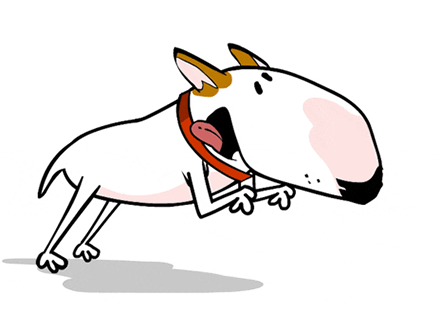
This is very different from when someone is a friend.
Friends
I do like my friends, of course!
But when I say “yes” to doing something with them,
even just a conversation on the phone, having tea, or
taking a walk, the first thing I have to consider is if I have
enough social credits (spoons) available in order not to
have a meltdown and end up at home like this:

Or I might get snappy with my friend,
which never goes well with neurotypicals,
and can result in me seeming like a lunatic
or an unkind person—which I’m not!
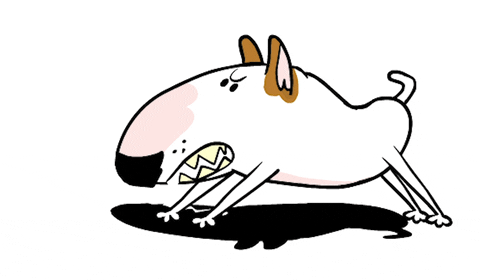
Recently, I was fired from my dentist due to having a meltdown. ☹️
People are more tolerant when you tell them
you are sorry you had a meltdown.
But even still, it makes me feel awkward,
and it’s not conducive to relationships.
Socializing
Especially in social situations with friends,
I am still likely to feel awkward:

And I might get overstimulated:
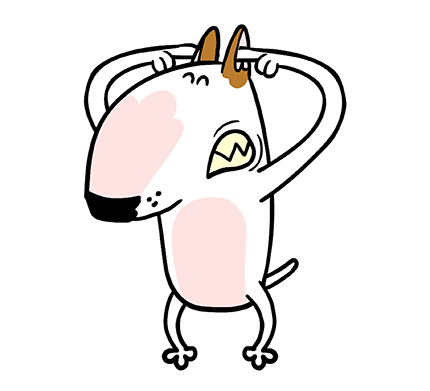
And I often feel like I am juggling 10 balls
as I manage social interactions with friends:
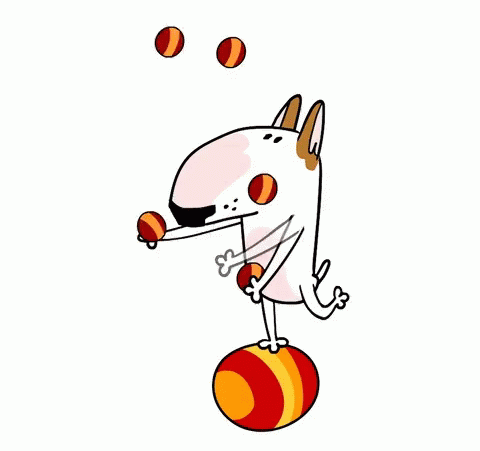
And yes, I am still likely to
mess something up socially:

But I usually do have a good time.
Nonetheless, I am totally relieved when it is over!
After I am done seeing a friend,
I feel like this:
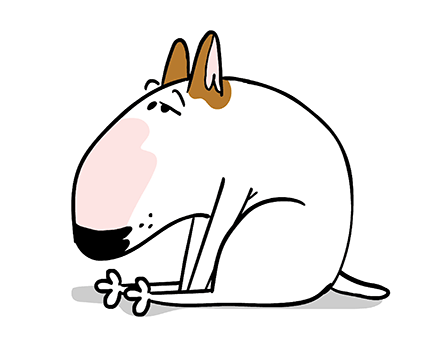
And this:

And I will need some recovery time in order to function fully.
Which means I cannot see friends the day before I work.

Peace
With a special interest, I don’t have to spend social credits.
I don’t even have to do anything, other than being my authentic self.
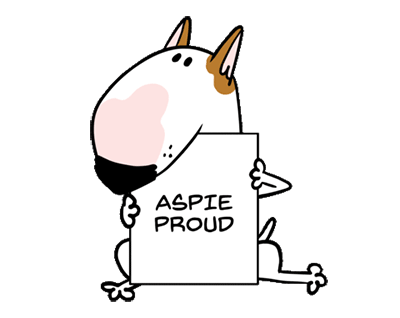
All animated images
by Rafael Mantesso
Comments
Let us know what you think!